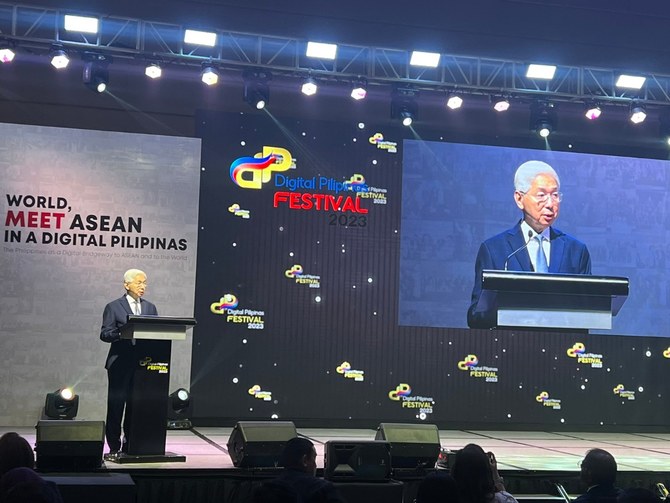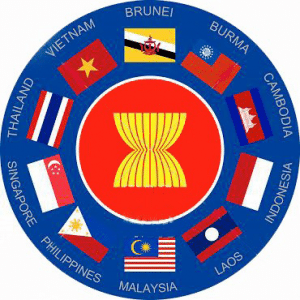By Azlan Othman
Brunei
is seeking to become a global leader in the Halal industry by producing
what is believed to be the first of its kind Halal pharmaceutical
guidelines in the world.
The guidelines will place Brunei in the forefront as one of the first
nations to establish guidelines for Halal medical and health products,
said CEO of Brunei Economic Development Board (BEDB) Vincent Cheong
yesterday.
Viva, the pharmaceutical company from Canada, is in partnership with a
Brunei entity and intends to manufacture and supply Halal certified
medicines, vitamins and nutritional supplements in the region. “What we
are seeing are generic products and off-patent medicines and not
prescriptive types such as the likes of Panadol and health supplements.”
The company would set up facilities at the Lambak Kanan industrial
area. The US$12 million proposed investment would create close to 100
jobs. The Brunei government’s commitment to establish these guidelines
has become the key factor for the Canadian company to invest here,” he
added.
The guidelines were endorsed by the Brunei Islamic Religious Council
(MUIB) last week and will act as a reference document incorporating
standards and procedures on Halal pharmaceutical manufacturing in
Brunei.
The implication is that any local or foreign companies interested in
pharmaceutical manufacturing in Brunei can now refer to the guidelines
for their manufacturing processes with the assurance that it is fully
compliant with and endorsed by MUIB.
“Hopefully more and more companies would jump on the bandwagon after
seeing Viva’s entry into Brunei and begin to create a chain of
investments in Brunei.
“The guidelines were initiated when BEDB received enquiries from
prospective investors on the possibility of producing Halal certified
medical products and health supplements in early 2008. For instance, we
have a consortium of Japanese companies who are interested in Halal
manufacturing. So, it’s a time for the Sultanate to start establishing
such guidelines.”
Full credit goes to the key stakeholders that have been instrumental in
the development of these guidelines namely MUIB, Islamic Religious
Council Office, Department of Syariah Affairs, Islamic Legal Unit,
State Mufti’s Office, Agriculture Department, Department of
Pharmaceutical Services and the Brunei Economic Development Board.
As the custodian of the guidelines, MUIB has the capacity to appoint
the appropriate auditors to audit the manufacturers or producers of
Halal products to ensure adherence to the guidelines. The Ministry of
Health will act as the agency that ensures the goods produced are
clinically safe and are of acceptable quality for consumption.
The total global Halal market is estimated at about US$1-2 trillion per annum.
The Halal pharmaceuticals (herbal, traditional medicine and healthcare)
market stands in the region of US$500 billion, according to Selma
Djukic, President of White Owl Global Services Ltd, 2009.
There are at least 156 million Muslims in India, 20 million Muslims in
China, 53 million Muslims in Europe and 15 million Muslims in the EU.
This poses a great opportunity for local and foreign companies to
penetrate the Halal market segment.
On the challenges ahead, Vincent Cheong said several international
businesses lack an overall understanding of Islamic business, thus an
apprehension for companies to embark on this business. In addition,
there is a need for Brunei to heighten awareness on Halal products in
the international arena and the potential that it brings.
Asked on the next step, he said Brunei could capitalise on the
potential of Halal products and certifications by registering the
pharmaceutical guidelines as an internationally recognised standard.
“The major part of these pharmaceutical products would have to be
exported as the market in Brunei is small. It is good if they can find
consumers locally. But, largely I would think that the bulk of it would
be exported. Perhaps in the near future, Brunei could produce similar
guidelines for the manufacturing of Halal cosmetics in the country,” he
added. — Courtesy of Borneo Bulletin



